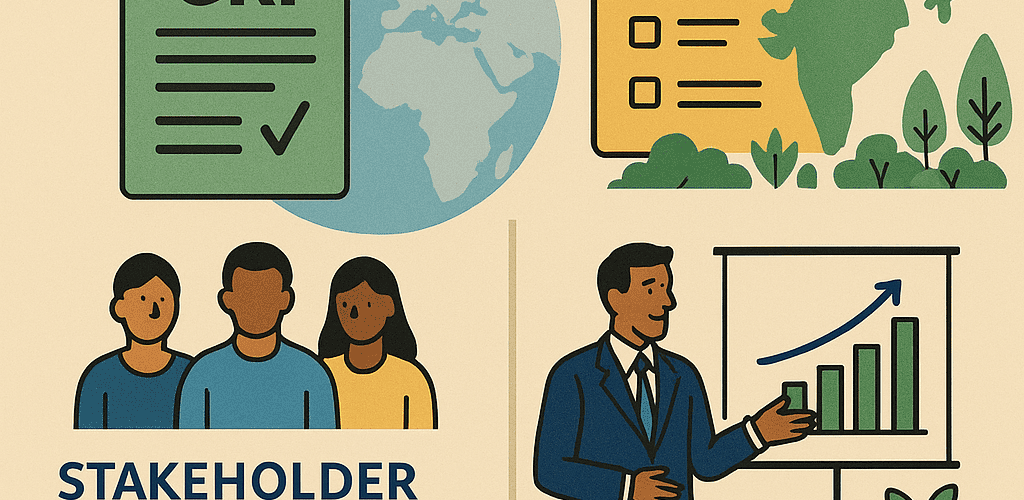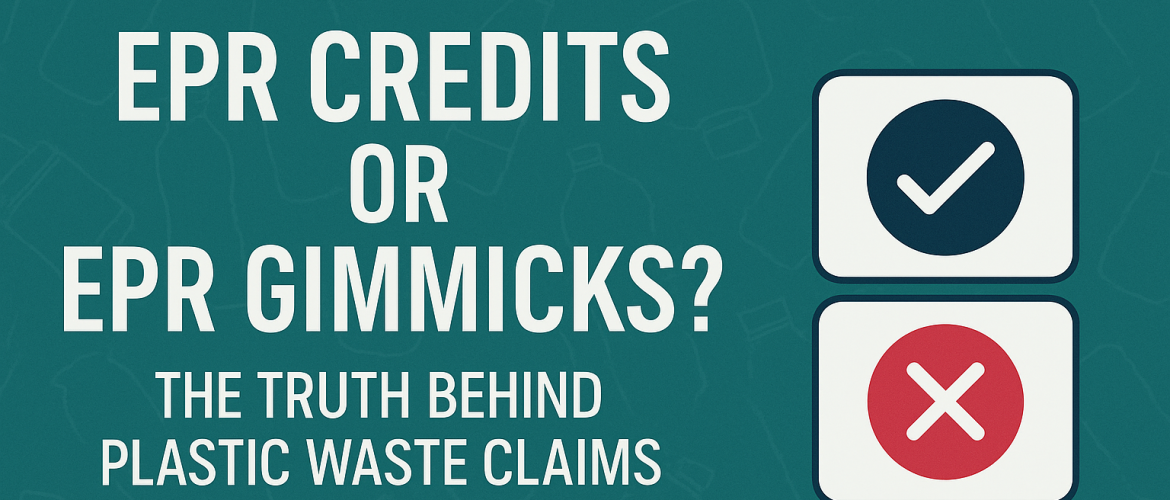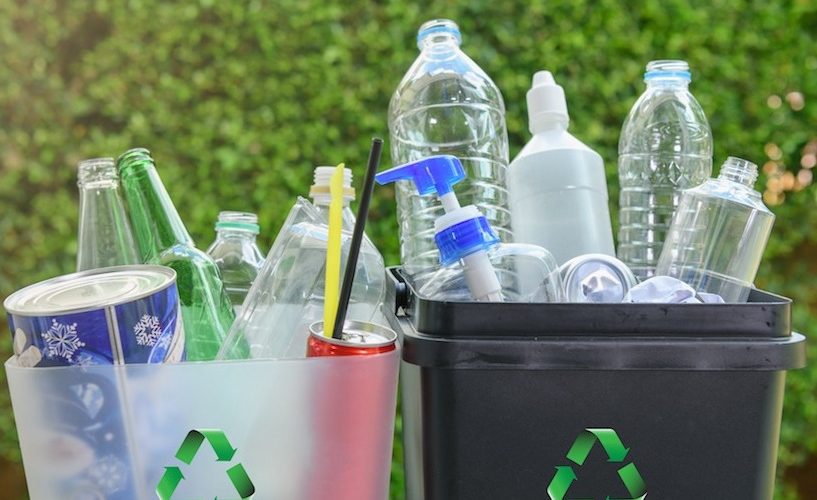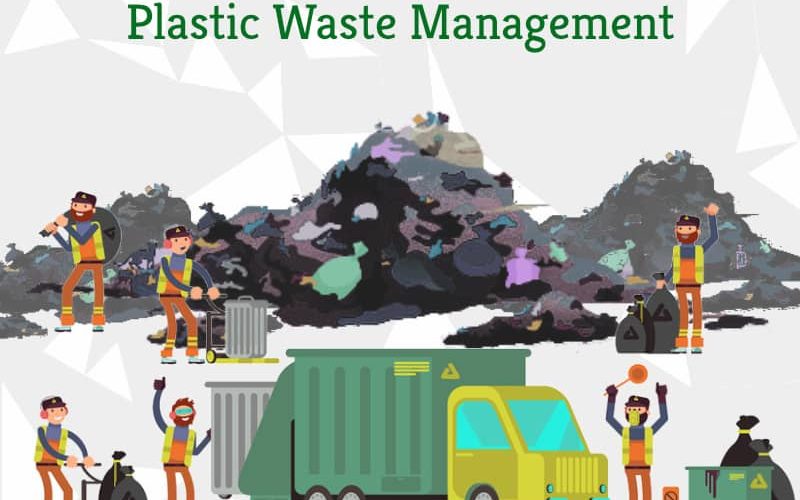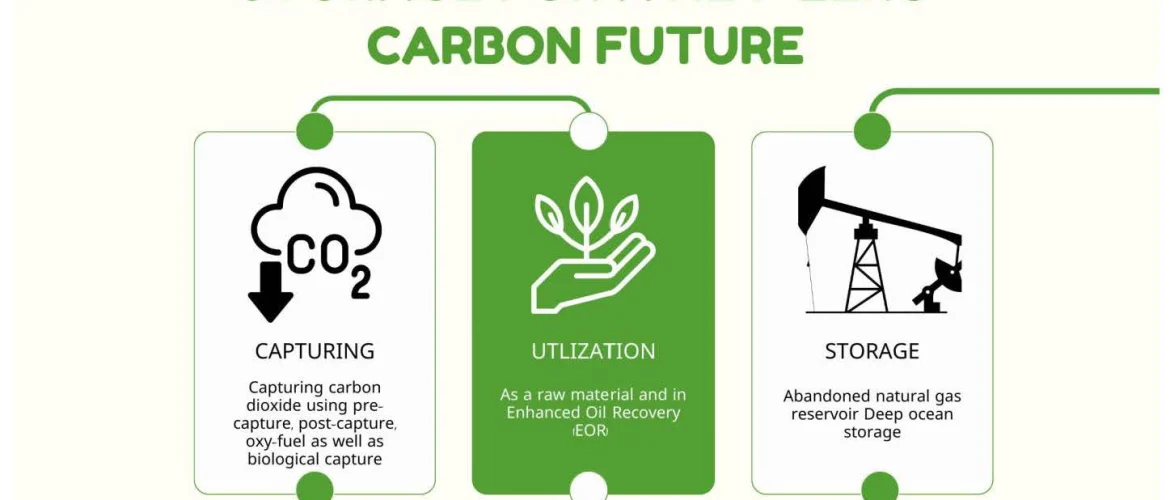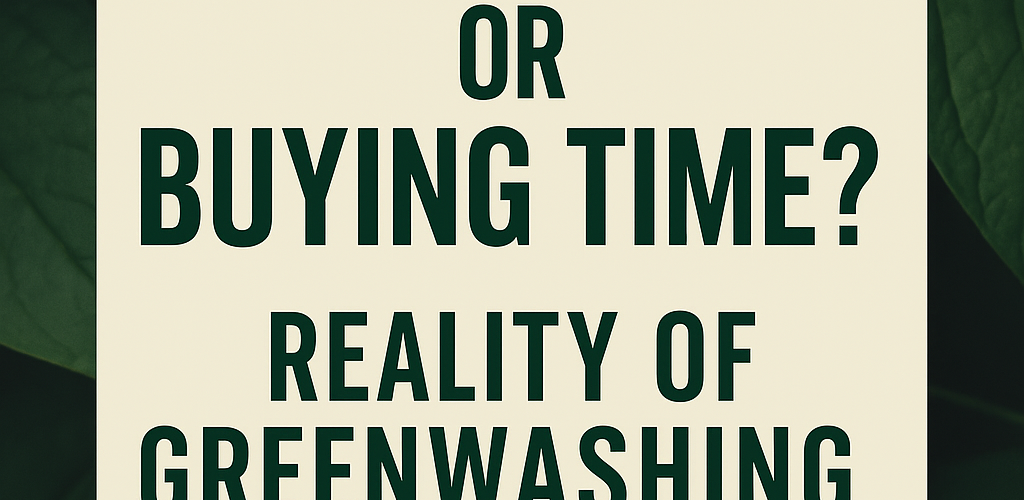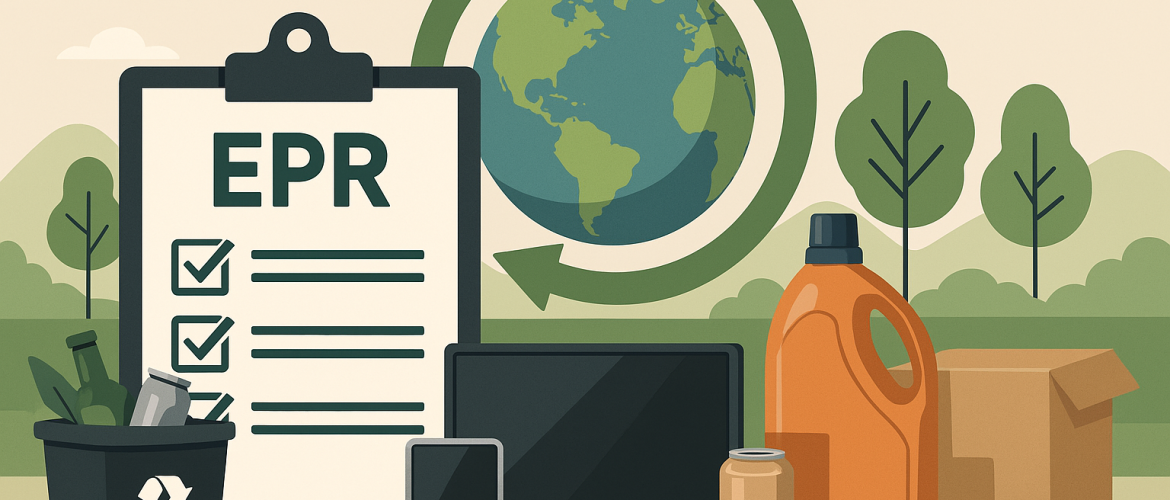Green Chemistry: Innovation Reducing Toxic Footprints in the Chemical Industry Introduction: Why Green Chemistry Is Central to Industry Transformation As global industries confront the dual challenge of increasing production and reducing environmental burdens, the chemical sector stands at a pivotal crossroads. Historically linked with emissions, hazardous waste, and intensive resource consumption, chemical manufacturing is being redefined through green chemistry—a discipline focused on minimising environmental impact at the molecular level. This article explores how sustainable chemical processes, green innovation, and
Beyond Numbers: How GRI and BRSR Are Shaping the Future of Sustainability Reporting in India
Sustainability reporting in India has come a long way. What was once seen as a voluntary exercise filled with lofty promises is now evolving into a structured, data-driven, and stakeholder-focused practice.
Two frameworks are leading this change: the Global Reporting Initiative (GRI) and Business Responsibility and Sustainability Reporting (BRSR) mandated by SEBI.
Together, GRI and BRSR
Introduction Today, sustainability is no longer just a trend—it’s a necessity. Among the tools promoting environmental responsibility, Extended Producer Responsibility (EPR) stands out, especially regarding plastic waste management. However, as EPR gains traction in corporate sustainability reporting, concerns are emerging. Are these EPR credits truly driving environmental change, or are they merely helping brands greenwash their image? In this blog, we dive deep into how EPR works, the rise of credit-based compliance, and why skepticism around plastic waste claims is growing. What is EPR
Introduction: Solar Power and the Net-Zero Challenge As the world grapples with the climate crisis, achieving net-zero emissions has become a top priority for governments, industries, and communities. The urgent need to reduce greenhouse gas emissions-primarily carbon dioxide from fossil fuel combustion-has turned the spotlight on renewable energy technologies. Among them, solar power stands out as a leading solution due to its abundance, sustainability, and decreasing costs. Solar energy, once considered a
Plastic Waste Management in Business: Responsibility, Regulation, and Opportunity In today’s sustainability-conscious world, plastic waste management (PWM) has evolved from a compliance checkbox to a core business strategy. For companies across industries, managing plastic responsibly is not just about protecting the environment—it’s about protecting brand reputation, reducing costs, and staying competitive in a market that increasingly values environmental ethics. Plastic: A Business Convenience or a Long-Term Cost? Plastics have long been favored by industries for
Plastic Waste Management: A Global Call to Action In the modern world, plastic is everywhere—from packaging and electronics to everyday items like bottles and bags. While its convenience is undeniable, its improper disposal has led to a crisis that demands immediate action. Plastic waste management is no longer an environmentalist’s concern—it’s a global responsibility. The Plastic Problem: A Global Crisis According to the United Nations, over 400 million tonnes of plastic are produced every year
🌐 Climate Lockdown: Capture in Action In the wake of the global pandemic, the world witnessed how swiftly and dramatically governments can impose lockdowns, reshape societies, and redefine “normal.” As we pivot from one global emergency to another—from health to environment—a new phrase has begun to emerge in policy discussions and media speculation: “climate lockdown.” But this isn’t some dystopian conspiracy. In fact, pieces of the concept are already being tested, implemented, and normalised across the globe.
Buying Green or Buying Time? : Reality of Greenwashing
In an age where sustainability is not just a buzzword but a business imperative, companies around the world are racing to market themselves as “green,” “eco-friendly,” or “sustainable.” But how much of this is real, and how much is simply an illusion crafted for better sales and public perception? Welcome to the world of greenwashing – a term that is becoming increasingly relevant in the modern corporate landscape.
What is Greenwashing?
🔥 Extreme Weather Is the New Normal Heatwaves in February. Flash floods in deserts. Snowstorms in cities that barely saw frost. Around the world, the weather is turning unpredictable—and dangerous. These events are not isolated incidents; they are part of a larger pattern driven by climate change. Scientists now agree: climate change is no longer a distant threat. It’s happening here and now. 🌡️ The Reality of a Warming Planet The Earth’s average temperature has already risen by more than 1°C since the pre-industrial
How Extended Producer Responsibility (EPR) Helps Fight Climate Change and Promote Circular Economy As global efforts intensify to combat climate change, policy tools that promote sustainability are gaining traction. One such impactful strategy is Extended Producer Responsibility (EPR)—a system that places the responsibility of post-consumer waste management on producers. But how effective is EPR in addressing the climate crisis? This article explores how EPR reduces carbon emissions, promotes sustainable innovation, and supports the transition to a circular economy. What is Extended Producer Responsibility



